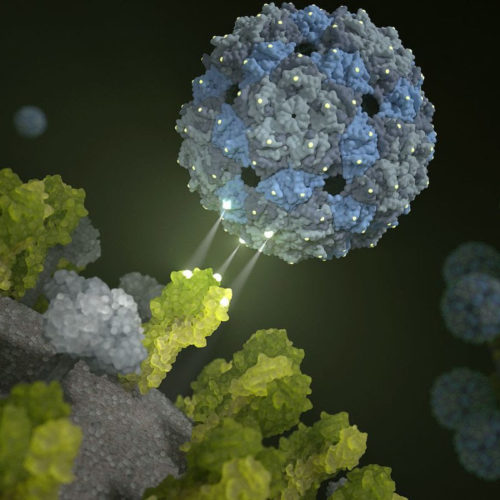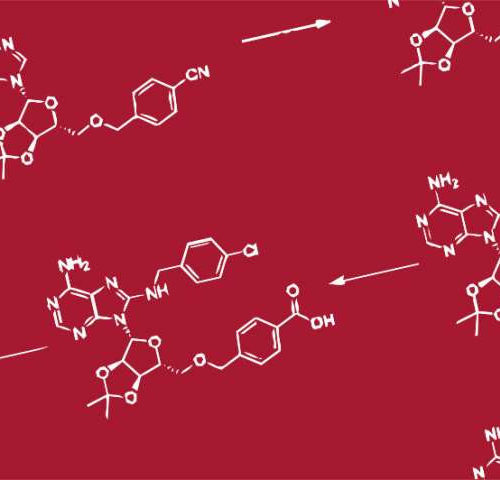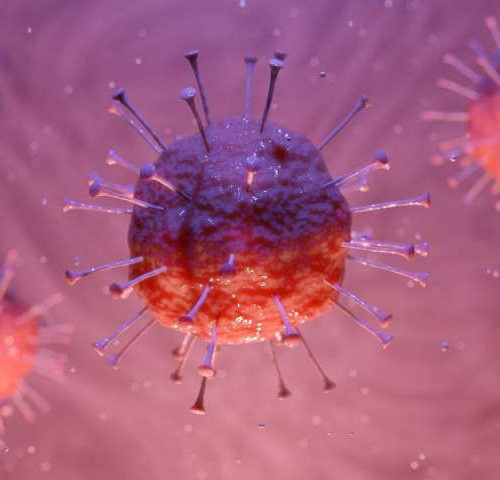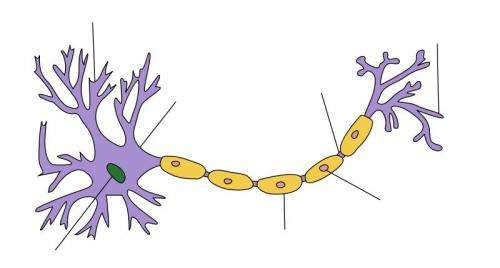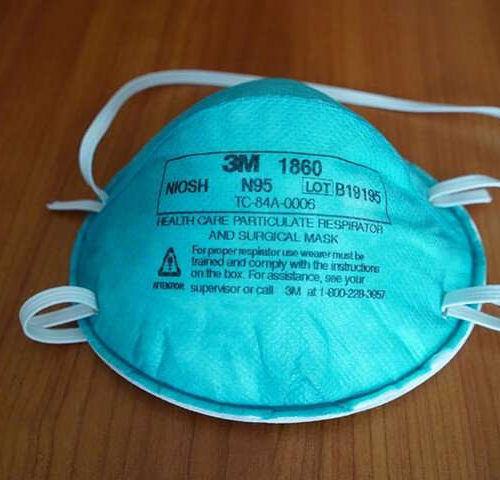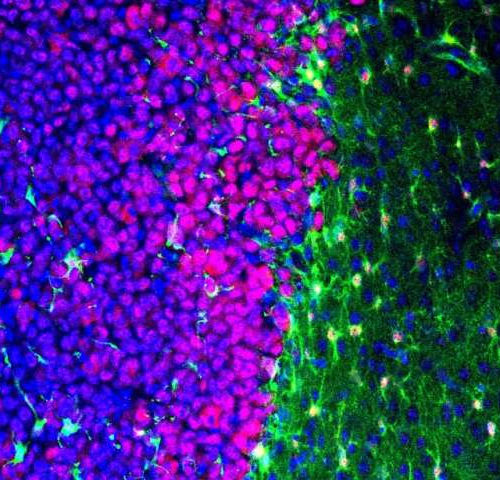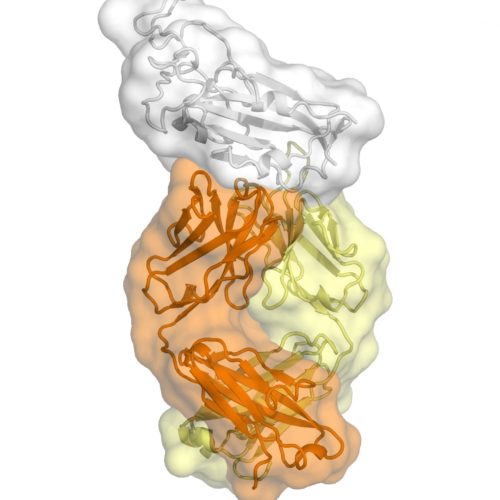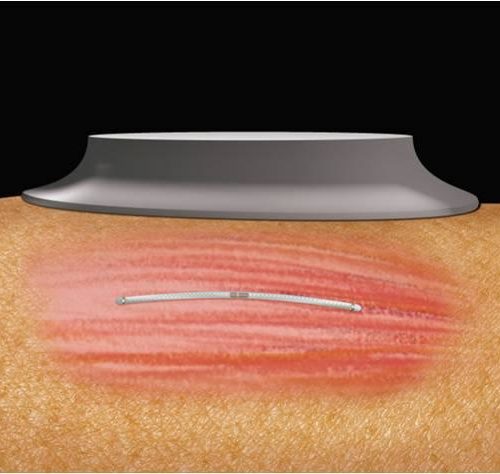Key Points Question Could administration of convalescent plasma transfusion be beneficial in the treatment of critically ill patients with coronavirus disease 2019 (COVID-19)? Findings In this uncontrolled case series of 5 critically ill patients with COVID-19 and acute respiratory distress syndrome (ARDS), administration of convalescent plasma containing neutralizing antibody was followed by an improvement in...
New understanding of brain structure offers insights into Alzheimer’s
New research has revealed greater detail about the brain’s structure, suggesting avenues for future research into Alzheimer’s disease and related illnesses. The brain structure that contains glial cells can provide important insights into Alzheimer’s disease, researchers believe. A new study has revealed more detail about key brain cells. The team of investigators has found that...
Harmless virus fights the flu by mimicking lung cells
By Michael Irving As the current COVID-19 situation shows, viruses are a major health risk. But what if we could fight them using other viruses? Scientists in Berlin have created virus shells that mimic the target cells that the flu virus latches onto in the body, preventing them from taking hold and causing infection. Bacteriophages...
Scientists enhance new way to overcome resistance to targeted cancer treatments
by Institute of Cancer Research Researchers have enhanced a new method for inhibiting the protein HSP72, known to be important in helping cancer cells survive and resist treatment, which will help scientists move closer to discovering a new cancer drug that targets the protein. Importantly, the scientists have also developed a test to measure how...
Hydroxychloroquine is not effective for treating coronavirus, according to small trial
by Katherine Seley-Radtke, The Conversation On Saturday the Food and Drug Administration approved the use of two antimalarial drugs, hydroxychloroquine and a related medication, chloroquine, for emergency use to treat COVID-19. The drugs were touted by President Trump as a “game changer” for COVID-19. However, a study just published in a French medical journal provides...
New insights into the genetic risk factors and disease pathways of multiple sclerosis
by Greta Friar, Whitehead Institute for Biomedical Research Multiple sclerosis (MS) is a debilitating disease in which the body’s own immune system attacks itself and can, over time, permanently destroy the protective sheaths, or myelin, around nerve fibers in the brain. Myelin insulates nerve cells and facilitates the transmission of messages along them. When the...
Experts teaming up to evaluate protocol for reuse of N95 masks
by Harvard University The growing severity of the COVID-19 pandemic and challenges in the supply chain have resulted in severe shortages of N95 masks and reports of frequent mask reuse. This practice poses serious safety risks to healthcare workers. To help decision-makers develop back-up procedures that are as safe as possible, researchers from Harvard, Stanford,...
Scientists reveal brain tumors impact normally helpful cells
by Whitney Slightham, Virginia Tech When the brain gets injured, star-shaped brain cells called astrocytes come to the rescue. In the case of glioma—the most common type of primary brain tumor—this protective action comes at a price. A new study published in Neurochemistry International reveals that gliomas alter astrocytefunction, which normally prevents the brain from...
Clues to COVID-19 coronavirus’s vulnerability emerge from an antibody against SARS
A Scripps Research study reveals a likely site of vulnerability on the SARS-CoV-2 virus. SCRIPPS RESEARCH INSTITUTE LA JOLLA, CA — An antibody recovered from a survivor of the SARS epidemic in the early 2000s has revealed a potential vulnerability of the new coronavirus at the root of COVID-19, according to a study from scientists...
The human body as an electrical conductor, a new method of wireless power transfer
Published by Marc Tudela, Laura Becerra-Fajardo, Aracelys García-Moreno, Jesus Minguillon and Antoni Ivorra, in Access, the journal of the Institute of Electrical and Electronics Engineers UNIVERSITAT POMPEU FABRA – BARCELONA The project Electronic AXONs: wireless microstimulators based on electronic rectification of epidermically applied currents (eAXON, 2017-2022), funded by a European Research Council (ERC) Consolidator Grant...


